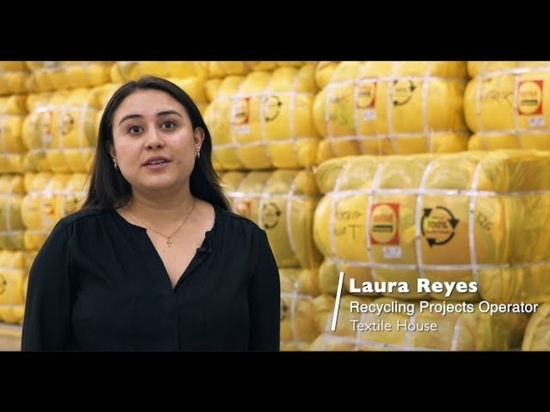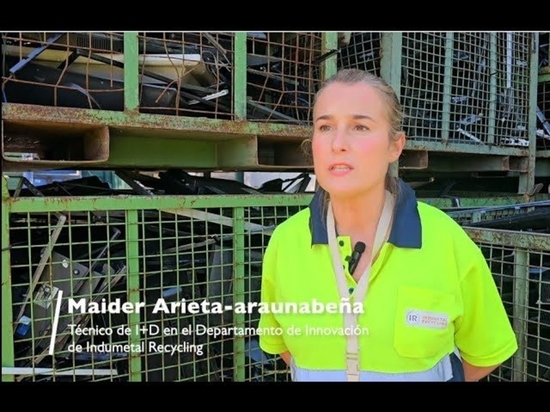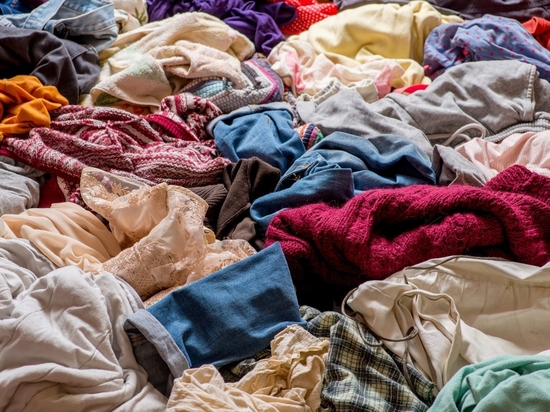
#Industry News
European Union moves forward with legislation to end single-use plastics
European Union moves forward with legislation to end single-use plastics
European Union moves forward with legislation to end single-use plastics
Supermarket bags, take-out food containers, disposable cutlery and plates, drinking straws, cotton buds, cigarette filters… They are all single-use plastics (SUP). Their production has not stopped growing on a global scale because it is linked to the current consumption model, with the growth of take-away services or the celebration of parties, birthdays or events, where we prefer to use and throw away rather than use and wash.
The difficult degradation of plastic is an ecological challenge all over the planet. If a plastic product ends up in a landfill and is not recycled, the possibility of obtaining new resources is eliminated. And if they are left in nature, the environmental impact is particularly negative, as they degrade very slowly, their basic elements remaining in the environment, fragmented in the long term into micro- or even nano-sized particles. This persistence of plastics in nature, together with the presence of some toxic elements in their composition and their capacity to adsorb pollutants from the environment once abandoned, is associated with environmental problems that lead to economic, social, health and biological problems, especially in the marine environment. A fact: single-use plastics are responsible for 50% of marine pollution.
Fortunately, there have been important developments in the regulation of SUPs in recent years. In the EU, Directive 2019/904 on SUPs, which was adopted in June 2019, aims to prevent and reduce the environmental impact of certain plastic products, especially in the aquatic environment, and to promote the transition to a circular economy with sustainable models.
Fortunately, the EU reached a preliminary agreement last April – pending ratification by the European Parliament and the Council – on a new legislative proposal with three objectives: to ban certain single-use plastic products, to make all EU packaging recyclable by 2030, and to reduce its waste.
The future legislation, which will encourage the recycling and reuse of packaging, takes into account the full life cycle of packaging and aims to ensure that packaging used in the EU is safer and more sustainable. The interim agreement, which will be negotiated on the basis of a proposal from the European Commission at the end of 2022, aims to minimize the presence of harmful substances and reduce unnecessary packaging. To this end, it will require fast-food outlets to allow customers to bring their own container to collect food or drink and take it home at no extra cost. In addition, by 2030, establishments will have to offer 10% of their products in reusable packaging formats.
As for producers and importers, the current regulation would require them to minimize the empty space in packaging to avoid orders arriving in packaging with half the space left, which is very common when we shop on digital platforms. Improved collection and recycling would also be encouraged: for example, 90% of single-use plastic and metal drinks containers up to 3 litres will have to be collected separately from 2029.
The proposal negotiated in Brussels maintains the packaging reduction targets: 5% by 2030, 10% by 2035 and 15% by 2040, and calls on countries to also reduce packaging waste. If finally adopted, the regulation will lead to a ban on certain single-use plastic packaging for fresh fruit and vegetables or food and drink consumed in cafes or restaurants from January 1, 2030. From that date, it will also no longer be possible to offer single servings of condiments, sauces or sweeteners, or the miniature bottles of shampoo or cream found in many hotels. And from 2030, alternatives will have to be found to protect suitcases, as cellophane will no longer be used to wrap luggage at airports.
The ban also includes very light plastic bags (less than 15 microns), except for hygienic reasons or when they are the primary packaging for bulk foods in stores, as a way to avoid food waste, as explained by the European Parliament. It also provides for a ban, by 2026, on the use of chemical compounds called perfluoroalkyl and polyfluoroalkyl substances (PFAS), popularly known as “persistent pollutants”, both in wrappers and in packaging that comes into contact with food, such as boxes used to transport pizzas.
In general terms, the aim is to enable the EU to meet its target of reducing packaging waste by 15% by 2040. At the same time, the aim is to reduce pollution and greenhouse gas emissions.
The solution, ECOPACK
If the increase in the production of plastics is a major problem, the increase in the use of disposable plastics makes it even worse. It is therefore essential to collect and process all types of plastics correctly in order to keep them in the cycle and away from nature.
As a leading company in sorting and recycling solutions, PICVISA has the right product to sort and detect all types of plastics: ECOPACK, an optical separator that automatically sorts and separates different types of materials according to their composition (NIR), color (VIS) and shape (deep learning). In addition, thanks to the flexibility offered by its multispectral vision, it can be configured to make rapid changes in classification of new materials that may appear in the incoming flow to be treated.
Coupled with the ECOFLAKE optical sorting systems, which use high-resolution CMOS RGB cameras combined with NIR technology to separate different types of material flakes with exceptional accuracy and efficiency, they demonstrate that the mechanization of plastics and other material recycling is an increasingly urgent need that will help meet regulatory requirements.
It is also an opportunity to improve the efficiency and profitability of recycling facilities, leading to a boost in the circular economy and the sustainability of the planet.






